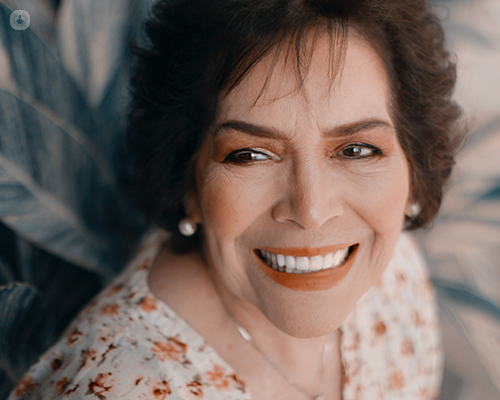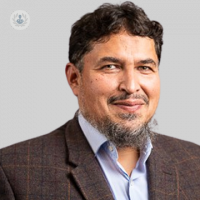Frequently asked questions about osteoarthritis
Written by:What is osteoarthritis?
Osteoarthritis is a degenerative joint disease that affects millions of people worldwide. It is characterised by the wear and tear of the cartilage that lines the joints. This leads to pain, stiffness and limited mobility.
What is the main cause of osteoarthritis?
Osteoarthritis is primarily caused due to the natural aging process, although it can also be caused by a previous injury or obesity. As we get older, the cartilage in our joints becomes weaker and has a reduced ability to absorb the impact of daily activities, leading to degeneration and inflammation.

Can osteoarthritis be cured?
Osteoarthritis is a chronic condition, which unfortunately has no known cure. However, there are several treatment options available which can help to manage osteoarthritis symptoms and slow down the progression of the disease. Treatment options available include medications, physical therapy and injections. Surgery may also be required in severe cases.
What is the difference between osteoarthritis and rheumatoid arthritis?
Osteoarthritis is a degenerative joint disease which more commonly involves a single joint. It should not be confused with rheumatoid arthritis, which is an autoimmune disorder that commonly involves multiple joints, causing inflammation and damage to the joints. Rheumatoid arthritis is caused by the immune system attacking the synovium, the lining of the joints, leading to joint damage and pain.
What is the best treatment for osteoarthritis?
The best treatment for osteoarthritis depends on the severity of the condition and the individual's needs. Some effective treatments include:
- Non-steroidal anti-inflammatory drugs (NSAIDs) to reduce pain and inflammation
- Physical therapy to improve joint mobility and strength
- Weight loss and exercise to reduce the stress on the joints
- Assistive devices such as canes or braces to help with mobility
- Surgery in severe cases, such as joint replacement
It is essential to consult with a healthcare professional in order to develop a personalised treatment plan. They will consider the patient's overall health, the severity of the disease, as well as the patient's lifestyle and goals. They will also recommend other lifestyle changes such as maintaining a healthy weight, eating a balanced diet and avoiding activities that can cause joint stress.
If you are concerned about osteoarthritis and would like to book an appointment with Mr Shadid, you can do so via his Top Doctors profile today.


